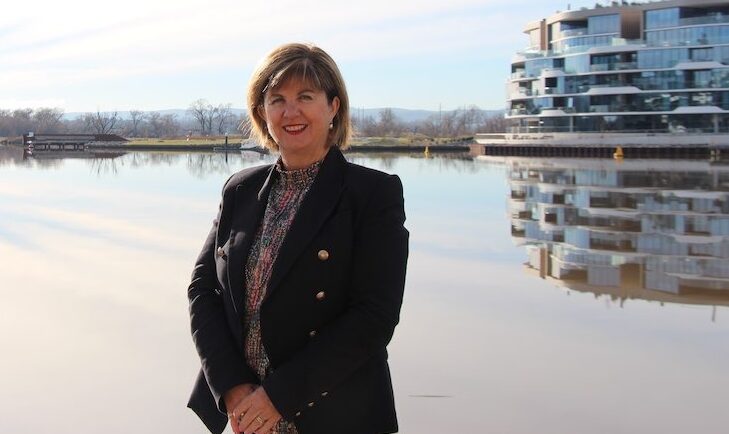
Fred Hollows Foundation Chair Jane Madden… “The world isn’t an entity we have to accept, it’s what we make of it.” Photo: Nick Overall
JANE Madden’s passion for community service has taken her from growing up in Tasmania to having breakfast with Nelson Mandela.
Now she’s bringing that same passion to the Fred Hollows Foundation as its new chair.
She’s served in positions at the most senior levels of the Australian Departments of Foreign Affairs and Trade, Austrade, Prime Minister and Cabinet, and has been on diplomatic postings to Japan, South Africa and France, including as Australia’s Ambassador to UNESCO.
But she’s always been inspired by the Fred Hollows Foundation, saying it’s a “great privilege” to be given the role, taking over from former Premier of Victoria John Brumby.
“It was about that time in the early ‘90s when Fred was starting his work that I became aware of the cause,” says Jane.
“Like a lot of Australians, I saw the images on television that affected us so much and thought what wonderful, practical work that’s happening.”
Fred Hollows was an eye doctor who, in the late ’60s and ’70s, shocked to discover that Aboriginals were suffering from some of the worst eye diseases he had ever seen, travelled with a team of 80 doctors to 465 remote communities, helping more than 60,000 indigenous people.
In the ’80s and ’90s, Fred discovered that millions of people in poor communities around the world were also going blind because of eye disease. Most were suffering from cataract blindness, an eye disease that causes the lens of the eye to become cloudy and fuzzy. Luckily, cataract blindness is easy to fix.
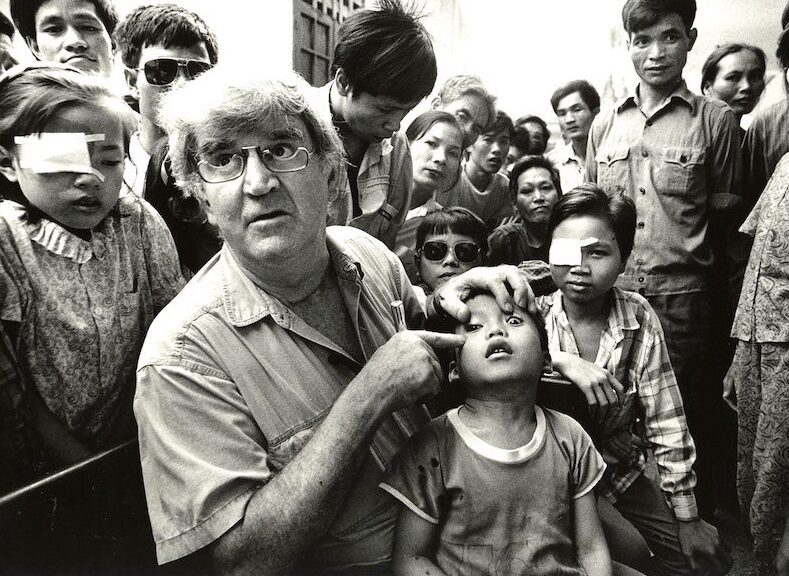
He started the foundation in 1992 but died the following year. Today the foundation works in more than 25 countries and has restored sight to more than 2.5 million people.
“Sadly, I never met Fred Hollows, but I’ve seen where the work is needed,” says Jane.
In Alice Springs she recently saw the work of the foundation in a rural Australian community. Jane says one of her priorities will be closing the eye-health gap between indigenous and non-indigenous Australians.
“Indigenous people are 12 times more likely to have a cataract and over ninety per cent of indigenous eye problems are preventable,” she says. “That becomes all the more important when you consider the education and economic standards that eye problems have an effect on as well.”
While Jane has called Canberra home since 1985, her career has taken her throughout the world.
She was born in New York but her parents, both scientists, moved to Hobart when her father was offered a job with the CSIRO.
A talented student, Jane had the marks to get into medicine, but a Rotary scholarship to live in Japan for a year would change the course of her life.
“I went from little old Tasmania to rural Japan where no one, not even my host family, spoke English,” she says.
“It was a life-changing time for me. I really had to immerse myself in the language and study hard being the only foreigner.”
By the time she returned to Australia, Jane had decided to study economics, law and Japanese, rather than medicine.
From there her passions for community service and international development only grew.
Years later, as first secretary in South Africa for the Department of Foreign Affairs and Trade, Jane found herself in the same room as the African National Congress leadership and Nelson Mandela on the morning of his release from prison.
“It’s one of those moments in life you think: ‘Wow, history is happening,’ and somehow I find myself fortuitously in the middle of it,” she says.
On top of her impressive diplomatic career she’s also served as president of the National Foundation for Australian Women, been a member of the Lirrwi Arnhem Land Indigenous Advisory Panel and a director of the Black Dog Institute, a mental health research organisation.
“Sitting behind a desk and making policy decisions without thinking about the implications is just an anathema to me,” she says.
“I’ve always believed in getting out in the community, getting on that grassroots level, and it’s another reason that the work of Fred Hollows appeals to me, because it is so practical.”
Jane says it’s one quote of Fred Hollows – “We discover our own humanity when we help others” – that she believes most summarises the important work of the organisation.
“It comes back to that idea of being the change you want to see in the world, which is clichéd, but I love it because it’s absolutely true.
“The world isn’t an entity we have to accept, it’s what we make of it.”
More information at hollows.org
Who can be trusted?
In a world of spin and confusion, there’s never been a more important time to support independent journalism in Canberra.
If you trust our work online and want to enforce the power of independent voices, I invite you to make a small contribution.
Every dollar of support is invested back into our journalism to help keep citynews.com.au strong and free.
Thank you,
Ian Meikle, editor
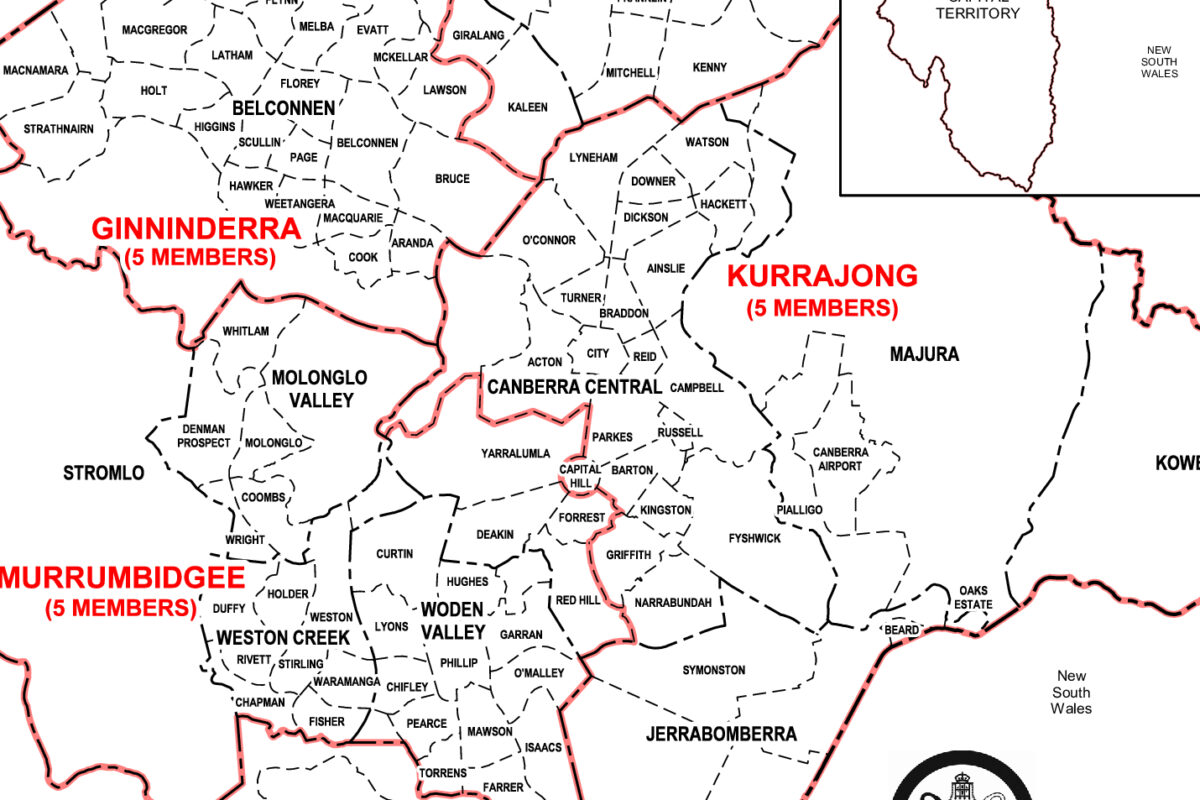
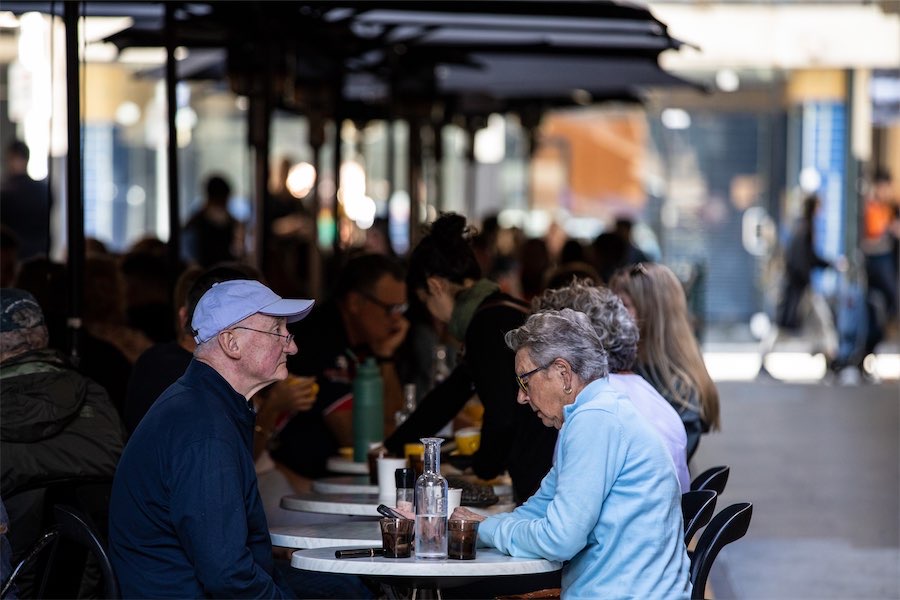
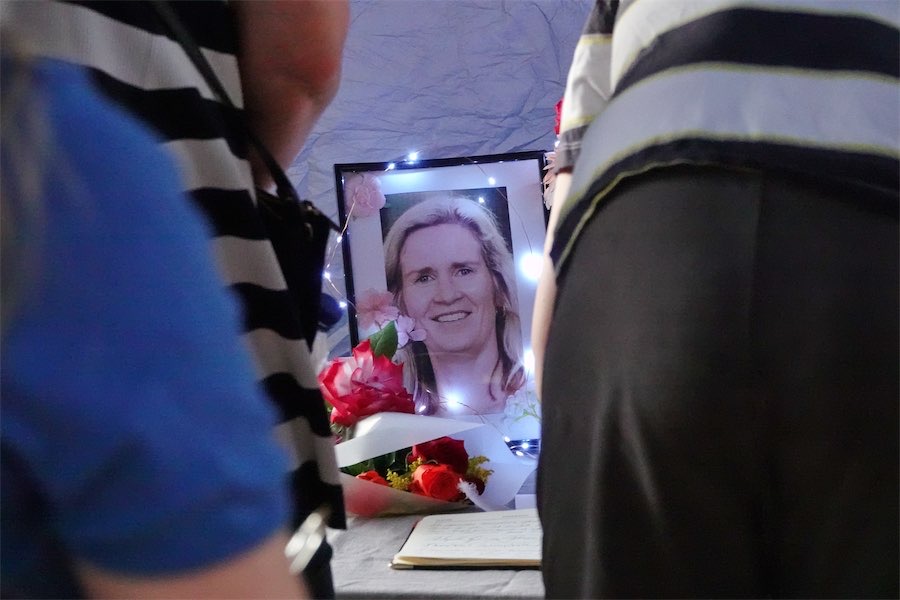

Leave a Reply